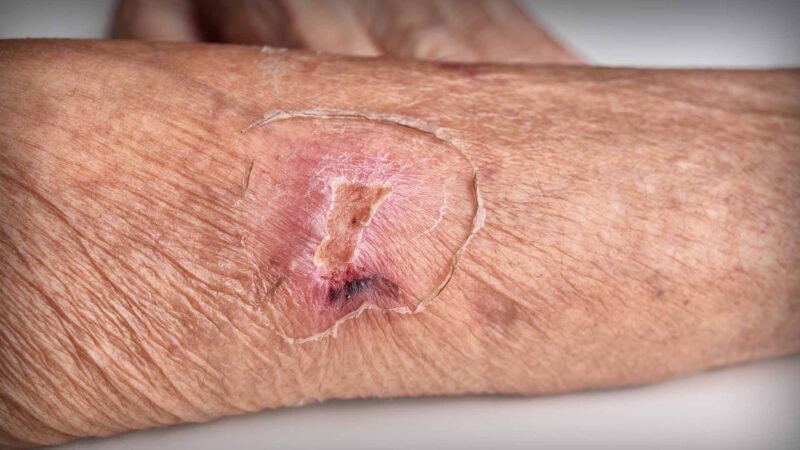People In Health Care
Dr Marina Berbic
Genetic Pathologist and Deputy Director of Genetics
Douglass Hanly Moir Pathology
Dr Marina Berbic is a genetic pathologist and the Deputy Director of Genetics at Douglass Hanly Moir Pathology – a laboratory based in Sydney and part of Sonic Healthcare. The genetics department at Douglass Hanly Moir offers a wider array of genetic tests across many domains, and the medical leadership model ensures the highest possible standard of care and commitment to patient safety.
Australian Health Journal spoke to Dr Berbic about her career and being a genetic pathologist. She started as a junior doctor in obstetrics and gynaecology after completing a medical degree, though never thought about specialising in pathology. The more she learned about genetic pathology, the more intrigued she became, realising that this specialty aligned with both her strengths and interests.
Dr Berbic has always been interested in science, technology, and innovation. She first studied for a Bachelor of Medical Science degree, followed by a Master’s in Reproductive Health and Human Genetics and then a PhD in Reproductive Medicine. Dr Berbic has long-standing academic interests, both from a research and teaching perspective. She continues to be involved in medical education at the University of New South Wales in her role as an Adjunct Senior Lecturer.
After completing her specialist training and attaining fellowship of the Royal College of Pathologists of Australasia, she commenced her role as a genetic pathologist at Douglass Hanly Moir and later became the Deputy Director of Genetics department. Her role involves providing clinical governance and medical leadership that governs all aspects of medical testing in genetics.
In this interview, Dr Berbic talks about the exciting area of genetic pathology impacting multiple areas of medicine including paediatrics, obstetrics and gynaecology, cardiology, neurology, oncology, and other fields.
The results of genetic testing have a potential impact on the patient’s diagnosis, the decisions that couples may take when they’re making reproductive decisions, and also have predictive implications. The testing results may influence therapy, selection, or patient management and may have far ranging impact on the individual as well as their family.
You Might also like
-
Strengthening Evidence Through Health Research Where Most People Access Healthcare
In February 2025, the Australian Government committed over $22 million for primary care research, including $5.2m awarded to Professor Michael Kidd, Director of the International Centre for Future Health Systems at UNSW and recently appointed Australia’s Chief Medical Officer, to lead the establishment of one of the largest research collaborations in Australia focused on improving primary care.
The Royal Australian College of GPs says a new national multidisciplinary consortium for primary care research is a positive step forward to improve patient care.
-
Smart technology in wound care
Throughout her journey around wound care, Santosh Kaur was frustrated to see the simple gaps in wound care resulting in negative patient outcomes. Santosh is the founder of SmartHeal which launched in 2020.
SmartHeal replaces the nurses taking cumbersome manual measurements and manual sharing of important wound data with a no touch technique. It aims for healthcare professionals to have live remote access to wound data, make wound assessments and assist with speech to text notes thus saving time, cost and people. SmartHeal also aims to assist healthcare professionals in providing optimum wound care by analysing the wound tissue for infection, moisture and providing suggestions for suitable dressing.
-
Patient-paramedic trust can help free up emergency departments
Dr. Robbie King is a Senior Advanced Care Paramedic with the Queensland Ambulance Service and a community paramedic. He is also a lecturer at the Australian Catholic University in Brisbane. After studying paramedicine and working as a student paramedic since 2009, he recognised that most patients attended by ambulance services did not require emergency interventions.



